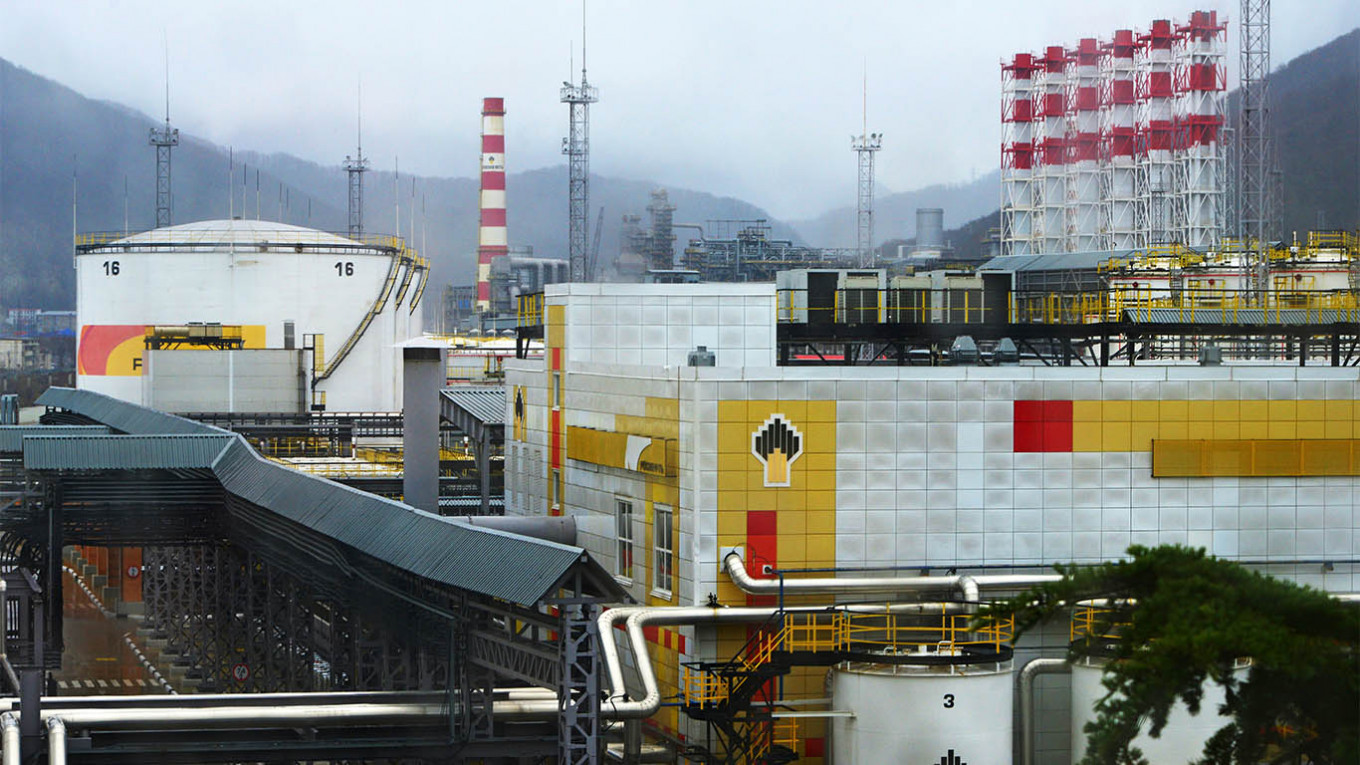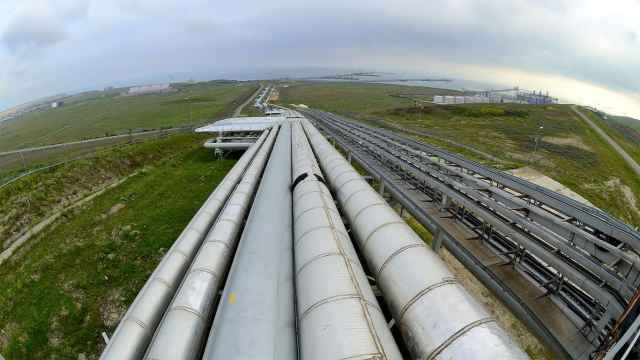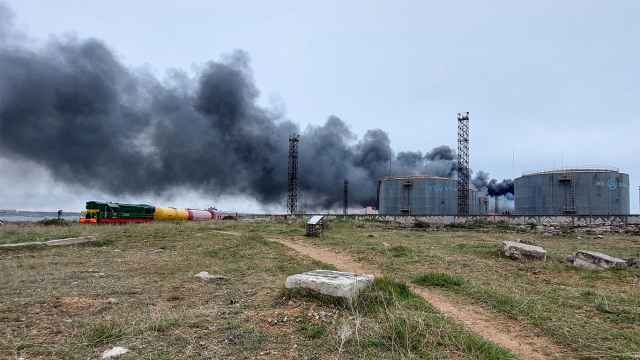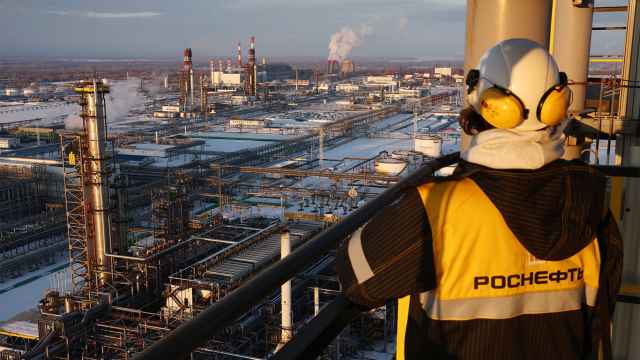Russian oil giant Rosneft said Friday that its earnings were back in the black in the first quarter after oil prices recovered following Moscow's production deals with OPEC.
State-controlled Rosneft reported a net profit of 149 billion rubles ($2 billion) in the first quarter, compared with a loss of 156 billion rubles in the same period last year.
It is the latest major oil company to report a spike in quarterly profits thanks to rising crude prices.
Global oil prices, already low amid growing competition, were hit hard by the onset of the coronavirus pandemic last year, with demand hammered as many countries shut down swathes of their economies in a bid to slow the spread of Covid-19.
That caused a glut in supplies and a plunge in prices that briefly saw some turn negative.
Russia and other major producers joined with the Organization of the Petroleum Exporting Countries (OPEC) in agreeing a series of production limits that helped prop up prices.
In recent months prices have returned to pre-pandemic levels, hovering around $65 per barrel.
Between January and March 2021, Rosneft — which is about one-fifth owned by Britain's BP — said its revenue fell slightly to 1.7 trillion rubles.
Earnings before interest, tax, depreciation and amortisation (EBITDA) rose 44 percent year-on-year to 445 billion rubles.
In a statement from the group, Rosneft CEO Igor Sechin hailed the results as "strong" despite the "difficulties caused by the Covid-19 pandemic".
Sechin said Rosneft is continuing its ambitious northern Vostok Oil project, which "guarantees the company stability of production and profit levels".
Production at the project is expected to start in 2024, with the aim of reaching an output of 100 million tonnes by the start of the next decade.
A Message from The Moscow Times:
Dear readers,
We are facing unprecedented challenges. Russia's Prosecutor General's Office has designated The Moscow Times as an "undesirable" organization, criminalizing our work and putting our staff at risk of prosecution. This follows our earlier unjust labeling as a "foreign agent."
These actions are direct attempts to silence independent journalism in Russia. The authorities claim our work "discredits the decisions of the Russian leadership." We see things differently: we strive to provide accurate, unbiased reporting on Russia.
We, the journalists of The Moscow Times, refuse to be silenced. But to continue our work, we need your help.
Your support, no matter how small, makes a world of difference. If you can, please support us monthly starting from just $2. It's quick to set up, and every contribution makes a significant impact.
By supporting The Moscow Times, you're defending open, independent journalism in the face of repression. Thank you for standing with us.
Remind me later.






